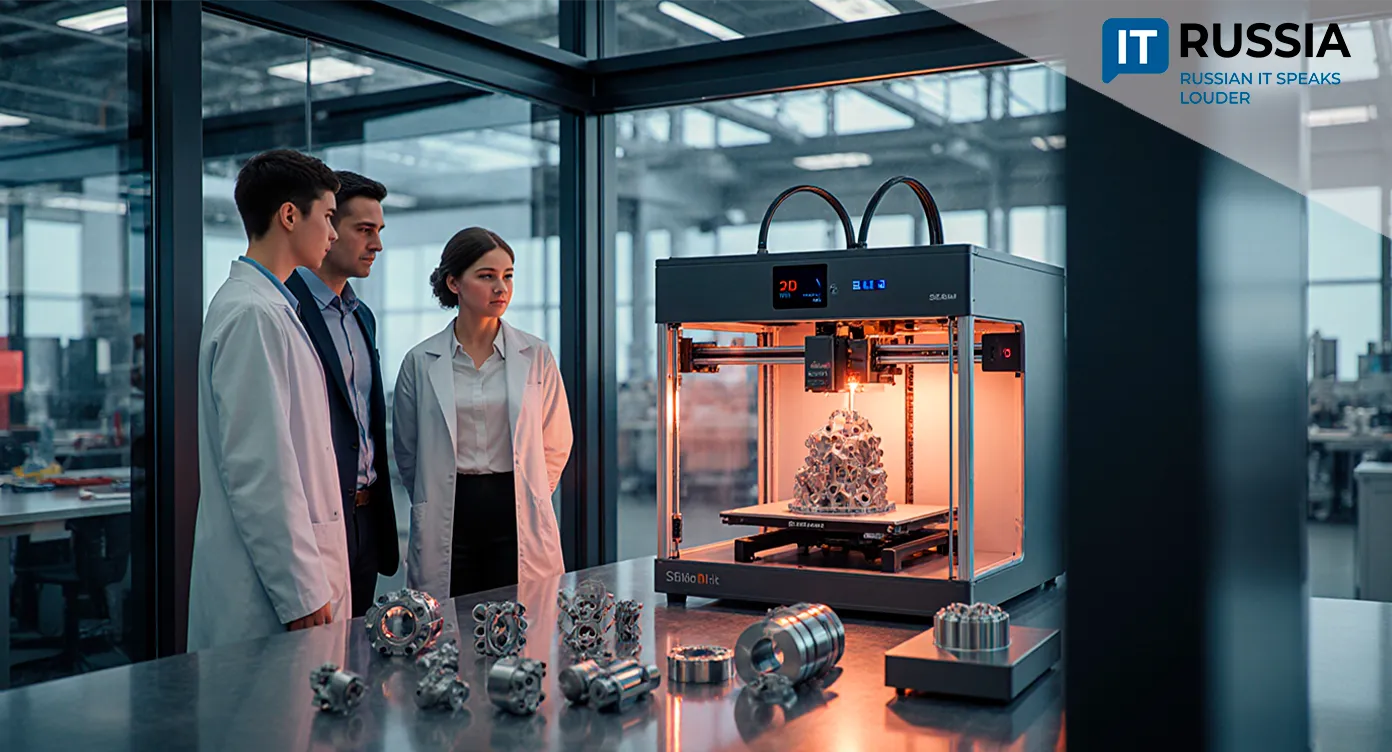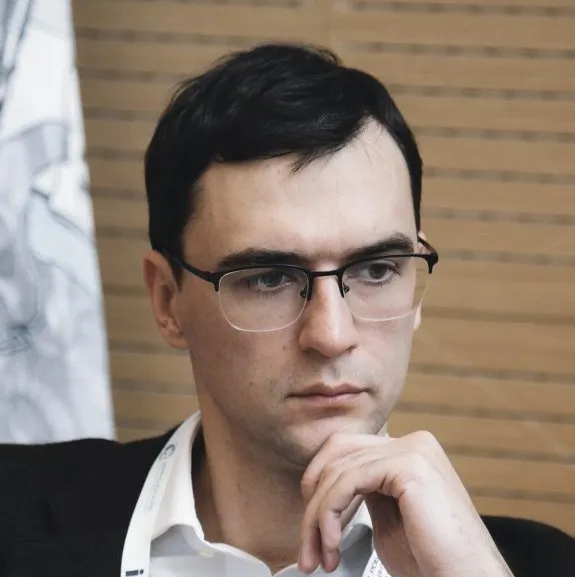Young Industrialists Visit Rosatom’s Additive Manufacturing Center
A delegation from the Industrial Mentor project visited Rosatom’s Additive Manufacturing Center in Moscow to see how traditional industry expertise is merging with industrial-grade 3D printing. Beyond a tour, the event became a hands-on lesson in prototyping, serial production of complex parts, and integrating small manufacturers into major supply chains.

Industrial Mentor: Bridging Experience and Youth
Industrial Mentor is a project of the Interregional Union ‘Club of Young Industrialists,’ supported by the Ministry of Industry and Trade. Its goal is to launch a two-tier system for transferring practical knowledge and helping young teams and business owners build development strategies.
Technical tours and direct interaction with industry leaders help accelerate the integration of small and medium-sized enterprises (SMEs) into the supply chains of large corporations. The visit to the Additive Manufacturing Center was one such event, giving mentors and entrepreneurs direct exposure to both the technologies and the decision-makers driving them.
What Was Shown: Equipment and Process Chains
Visitors were introduced to key installations already proven in industrial settings: the medium-format RusMelt 300M and the large-format RusMelt 600M selective laser melting (SLM) printers, the RusDMD direct laser deposition unit, and the RusBeam 1500 electron-beam wire deposition system.

The delegation also toured the Center’s laboratory, where mechanical properties of printed samples are tested and production regimes refined. These solutions are designed not only for prototyping but also for small-batch and even serial manufacturing of heavy-duty components.
Practical Knowledge: From Idea to Part
Participants observed the full additive manufacturing cycle: from preparing a digital model and selecting materials to post-processing and quality control. Through real-world examples, mentors and entrepreneurs explored how to optimize designs for printing, what tolerances can realistically be achieved with different technologies, and which economic models are viable for small-batch production.
This type of hands-on analysis helps small businesses understand where additive technology can replace or complement traditional machining, and how to structure the economics of custom orders.
Integrating SMEs into Rosatom’s Supply Chains
One of the tour’s main objectives was to demonstrate how small manufacturers can become suppliers for major projects. Representatives of the additive division explained mechanisms for integrating contractors into supply chains, certification and quality requirements, and the practice of joint pilot projects. For many regional companies, this opens a valuable perspective: access to major contracts and R&D opportunities instead of remaining in local niches.

Use Cases and Industry Scenarios
Additive technologies are already applied in shipbuilding, aviation, energy, and nuclear fuel carrier production. The Center showcased parts with complex geometries that have traditionally been difficult or costly to manufacture through milling or casting.
For SMEs, this translates into orders for unique components, spare parts for outdated equipment, and rapid prototyping during new product introduction (NPI). The local platform also provides a secure environment for working with materials and processes requiring industrial oversight.
Growth Prospects
Participants also discussed existing challenges: standardizing materials and processes, certifying parts for critical applications, the availability of specialists in post-processing and quality assurance, and the high entry costs for small plants.
The Center and the mentorship initiative help reduce these barriers: through pilot projects, training, and joint technology refinement, time-to-market for commercial orders can be shortened.

The Industrial Mentor program is a vivid example of how public-private cooperation and knowledge sharing accelerate the adoption of new manufacturing methods and help small businesses become competitive. Such in-person exchanges improve regional technological literacy and foster a new paradigm of industrial growth.










































